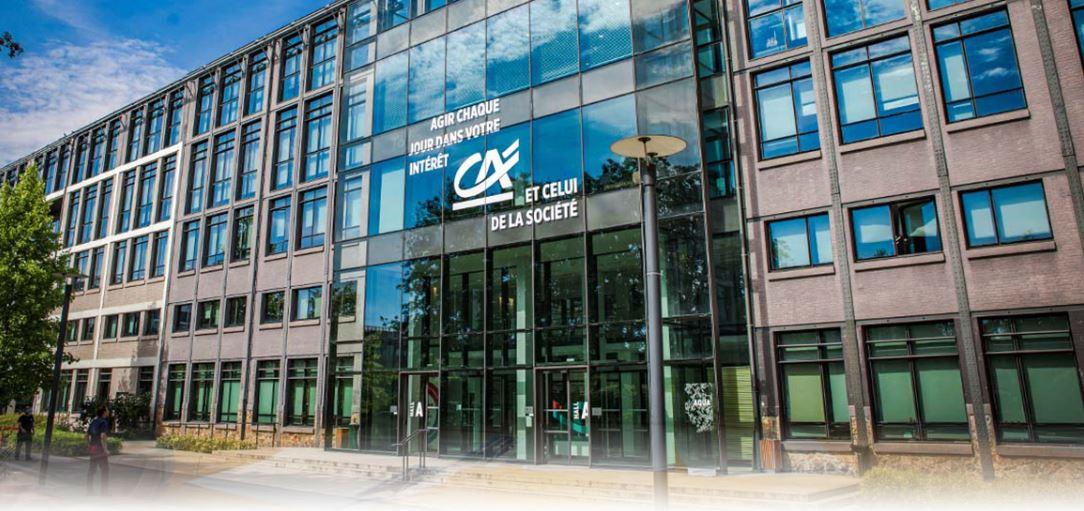The total amount that has been directed in recent years to support small and medium-sized enterprises (SMEs) is “astronomical”, according to the Secretary General of Public Investment and NSRF, Dimitris Skalkos.
Speaking at the OT Forum held in the context of the 86th TIF, and in response to a question regarding the criticism levelled at the Greek Prime Minister that there was no mention of SMEs in the announcements made on Saturday, Skalkos noted that every euro available has been allocated to support SMEs. He admitted, however, that this amount may not be enough because of the “perfect storm”, as he described it, that we are going through.
12.5 billion through the NSRF
Through the NSRF, funds exceeding 12.5 billion euros were mobilised for SMEs, the Minister of Public Investment and NSRF said, noting that there would be further support targeted at affected sectors, such as the furriers of Kastoria. As he pointed out, the new programming period of the NSRF will result in the resources that will be directed to SMEs to be multiple as the funding now concerns investment projects, digitization actions, green transition, etc. He clarified that the NSRF does not fund large enterprises.
Dimitris Skalkos noted also that the money invested in the Public Investment Programme (PIP) have increased and that the programme is being totally implemented. He also noted that extra resources are needed as the demands for funding and payments are increasing.
Almost all of the measures announced by the Greek Prime Minister, such as the housing assistance programme, will be financed mainly from the PIP. “They are all costed, we are ready to support the programme,” he said, describing Mitsotakis’ announcements as “generous and reasonable”.
Energy security and bureaucracy
Dimitris Skalkos noted that there will be joint programmes with the Energy Ministry to enhance energy security. “We have a 3-4 billion euro budget available for adaptation to the climate crisis,” he noted, explaining that this includes the installation of solar panels, the “Exoikonomo” programme and any other intervention the Commission allows.
Asked about developments on the front of the “battle” against bureaucracy, Skalkos noted that many steps forward have been made in recent years, “and not only because of the pandemic”. He noted that at European level, too, the pandemic had resulted in speeding up procedures and mitigating bureaucracy, but there had been no follow-up. “I want to believe that the EU will , albeit slowly,” he said.
Finally, when asked whether there is a mechanism to monitor the effectiveness of the NSRF, Skalkos explained that we can monitor what has been done in terms of jobs and absorption of funds, but it is not easy to assess what the added value of the interventions has been, or whether it would have been better if the money had been directed elsewhere.

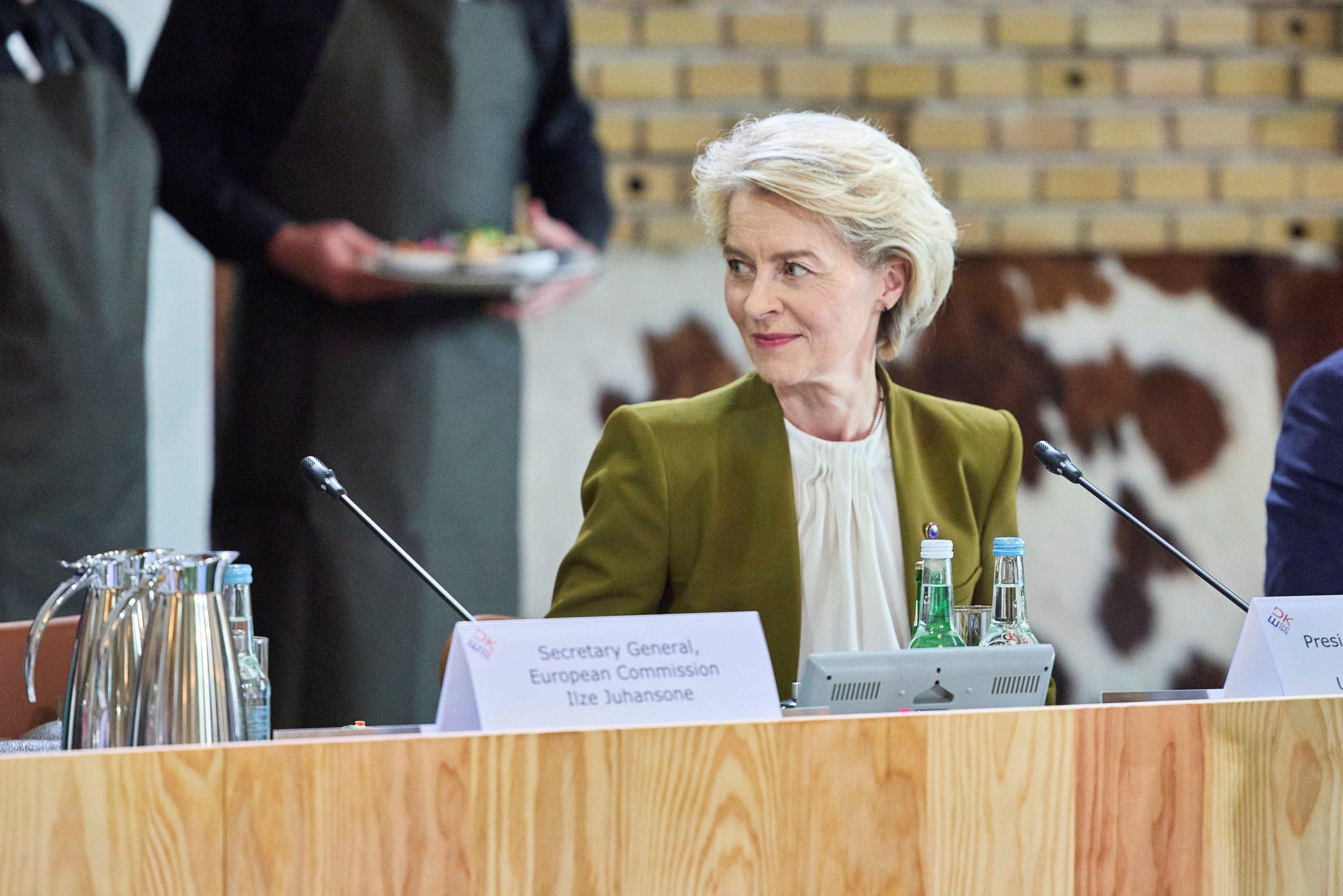

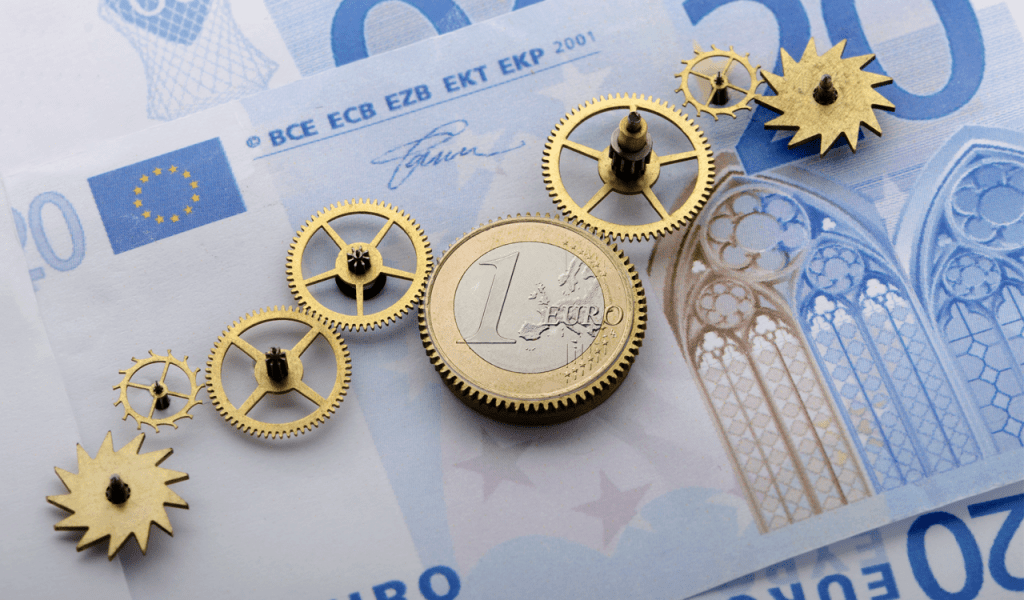
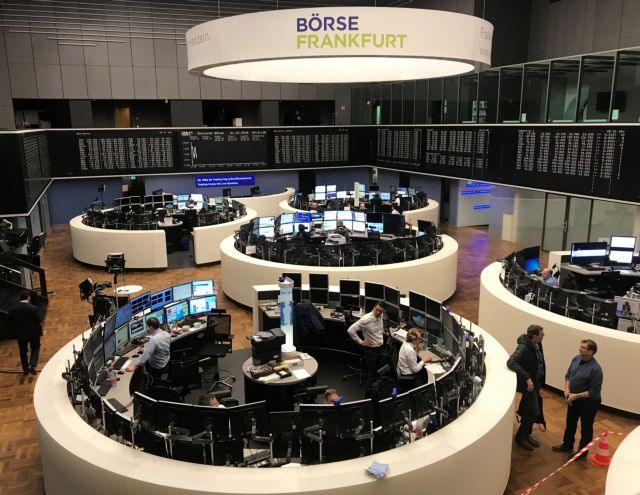













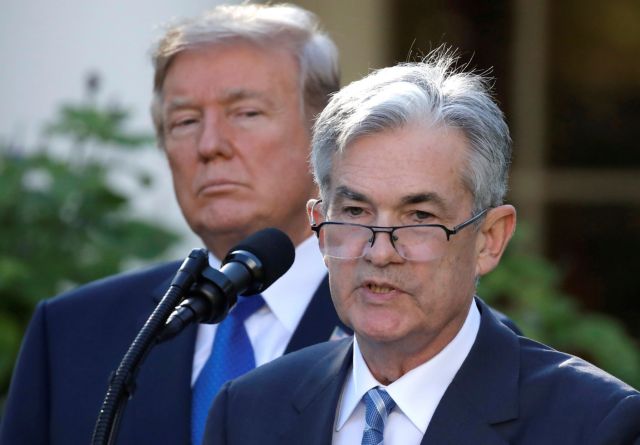



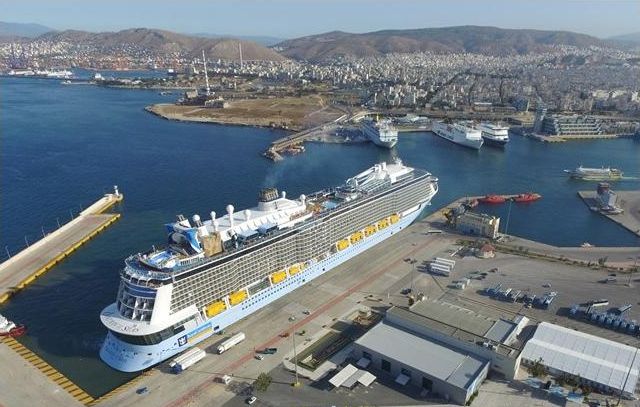









![Βραχυχρόνια μίσθωση: Καλπάζουν τα καταλύματα τύπου Airbnb στην Ελλάδα [γράφημα]](https://www.ot.gr/wp-content/uploads/2022/11/airbnb-2.jpg)


